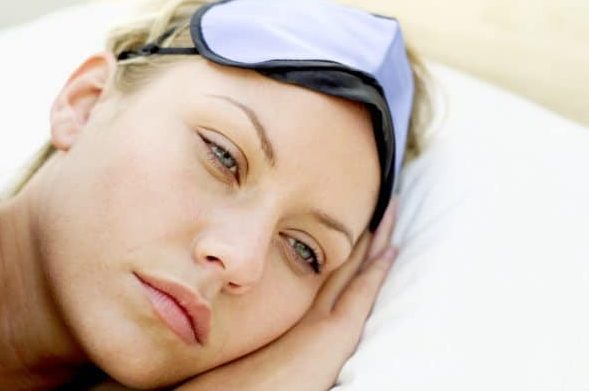Insomnia: Is it Psychological or Physiological?

Insomnia is not a disease; it’s difficult to diagnose. Over 40 million people in the U.S. have a form of sleep disorder but over 90 percent don’t even know it! It can be caused by heart disease, headaches and chronic pain, weight gain and obesity, lack of exercise, bad sleeping habits and patterns, and injuries caused by minor and major traffic accidents. Insomnia can also be triggered by stress, anxiety, and stimulants (like smoking and drinking).
If you are tossing and turning, while trying to go to bed, research tells us there are some easy, Mindful Living® practices that will help you get a good night’s sleep.
Simple Tips for Insomnia Treatment
- Nature. Get outside to absorb some natural sun. Sun helps the body produce melatonin which helps you sleep.
- Exercise. Get some exercise. To kill two birds with one stone, you can take a walk outside and get your exercise and nature in one step to save time. Regular exercise helps your sleep disorder.
- Meals. Don’t eat large meals before bed. Try to eat early so your food is digested.
- Caffeine. Don’t drink too much caffeine during your day or you may want to not drink caffeine after lunch. Monitor the amount of caffeine you take in each day. Let go of that morning coffee or afternoon “perk-me-up” soda.
- Ritual. Your mind, body, and soul like regular sleep rituals. Go into your bedroom at the same time each night with a peaceful book, keep your room cool and dark, and take a warm shower or bath with a calming soap scent like lavender or chamomile.
Bonus. Looking for other insomnia treatments? Check out these home remedies.


